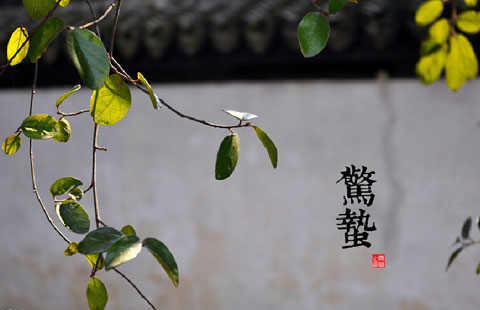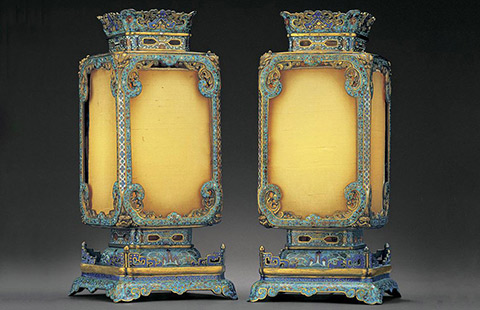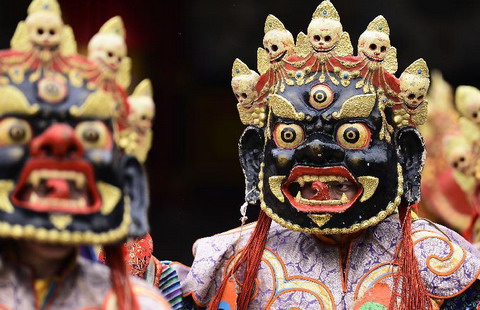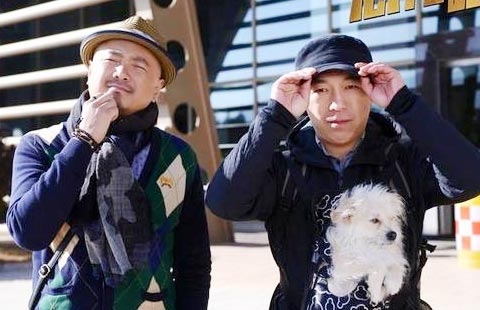Book reveals real drama in Chinese filmmaker's life
By Raymond Zhou ( China Daily ) Updated: 2015-03-11 07:44:42
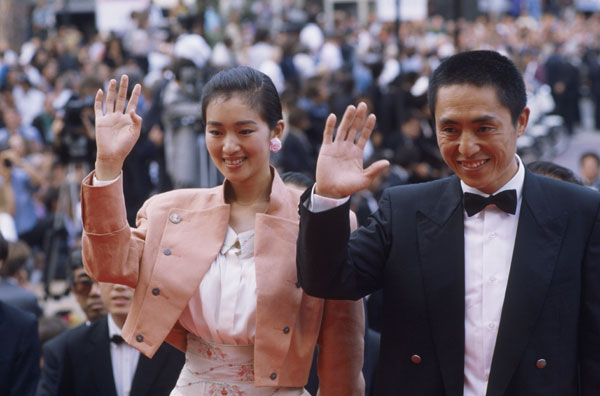 |
|
Zhang Yimou and Gong Li attend the 43rd Cannes Film Festival in 1990. [Photo/CFP] |
They whispered rumors about the actress having dalliances with another man and sowed the initial seeds of distrust. Zhang Yimou, a person uncomfortable with non-work-related communication, never confronted Gong to clear things up. And it took Gong a long time to realize the cause of their breakup. In her renewed collaboration with him, the 2006 epic Curse of the Golden Flower, she put in her contract that under no circumstances should she be placed in the same room as Zhang Weiping or his wife.
Some of the most stinging barbs of Zhou's book are reserved for her employer. She argues that the director bore a major responsibility because of his antiquated people skills. He has a stubbornness, she writes, that when combined with credulousness, often leads to extreme vulnerabilities.
In episode after episode, Zhang Yimou would believe in someone without verifying their claims, which would have been as easy as picking up the phone and calling the person in question. Until very recently, he did not have an agent or lawyer and he would sign documents pushed his way without even reading the boldface or keeping an extra copy.
Zhou attributes this weakness to his personality, which is described as extremely tongue-tied when it comes to personal topics. Zhang Yimou never makes inquiries about his employees' families. He may not even know how to write the name of his longtime personal assistant. And when he talks about work, he is equally inconsiderate, launching into long-winded orations from afternoon to the wee hours of dawn.
Zhou says that upon joining his team, she decided not to be a "toady" but speak the truth. Tasked with finding potential stories and scriptwriters for future projects, Zhou often gets into heated arguments with the director over specifics of their work, so heated that people unfamiliar with their style may mistake it for a verbal battle.
Boss Zhang reluctantly concludes: "You are not my subordinate. You have always maintained the equality of a collaborator, which is good."
The book shockingly elaborates how Zhang Weiping virtually held the director hostage. By driving home to the press that he was the director's savior when he invested in the latter's 1997 Keep Cool-this during the ebb of the filmmaker's career-Zhang Weiping positioned himself on a moral high ground in public and dropped hints that the director owed him big time.
|
|
|
|
|
|
|
|
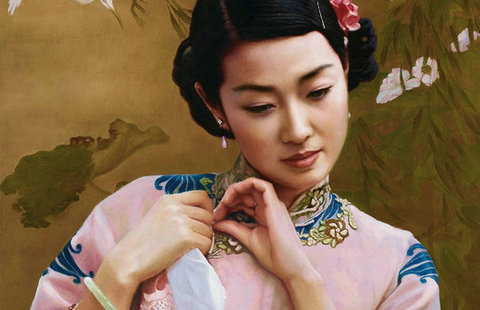
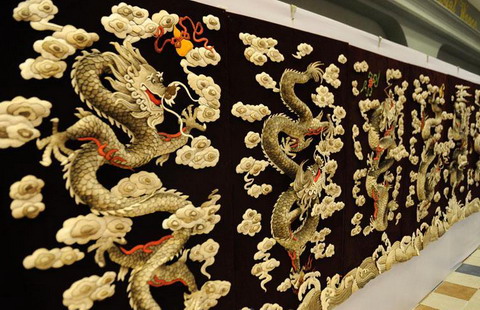
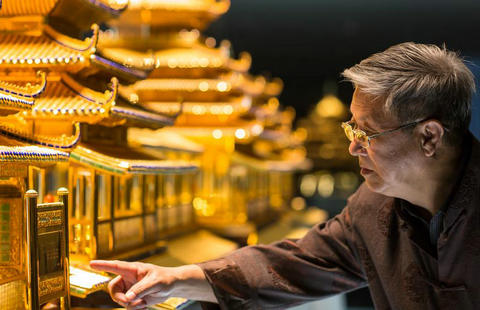

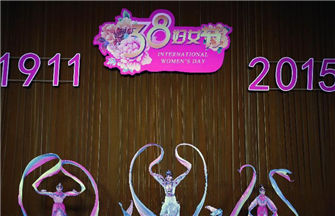
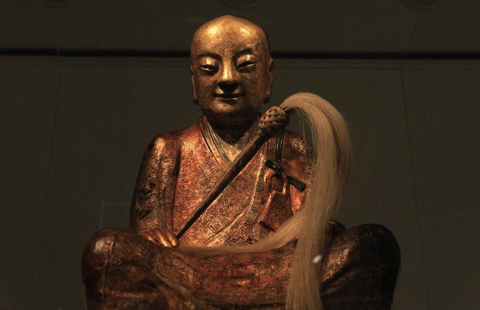
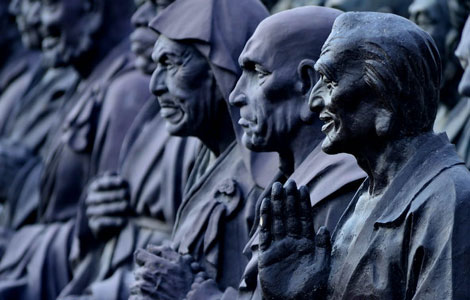
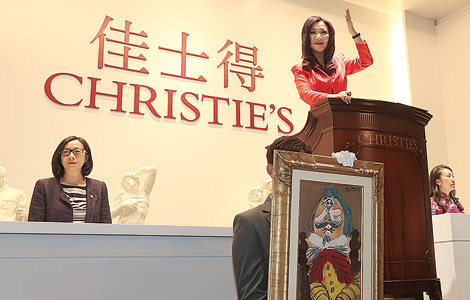







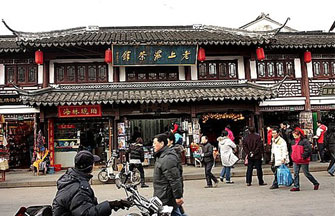



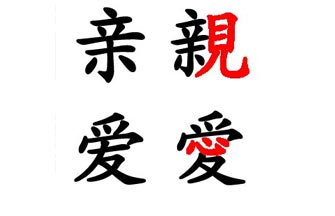
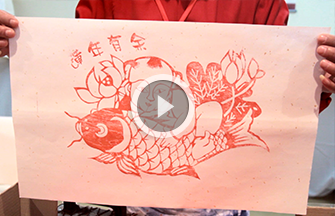
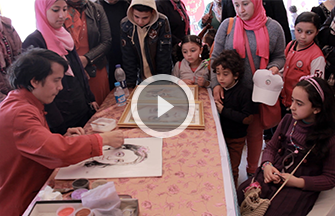
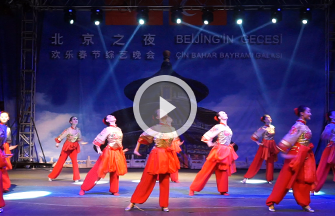
 Raymond Zhou:
Raymond Zhou: Pauline D Loh:
Pauline D Loh: Hot Pot
Hot Pot Eco China
Eco China China Dream
China Dream China Face
China Face

